This debate is ideal for those who are intrigued by whether we are alone in the universe, whether you're studying science at A Level or university, or if you have an interest in science.
The debate took place on Thursday 25 November 2021 as part of the OpenTalks series of events run by The Open University in Wales. Read more about the OU experts who took part below.
Team Icy Moons
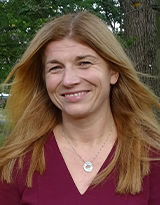 |
Prof. Karen-Olsson-Francis Karen is a microbiologist and her research focuses on life at the limits. She is particularly interested in microorganisms that live in extreme environments, including the International Space Station, and terrestrial environments that are analogues for extra-terrestrial locations. |
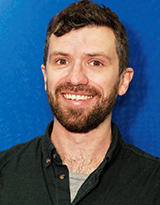 |
Dr. Mark Fox Powell Mark is a planetary geochemist and his research is focused on the oceans of ice-covered moons in the outer solar system, such as Europa and Ganymede (moons of Jupiter) and Enceladus and Titan (Saturn), which may be habitable today. His work involves lab and field work to track how ocean chemistry and microorganisms can be delivered from the oceans to the icy surface. |
Team Mars
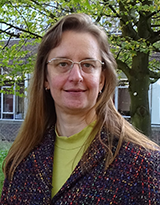 |
Dr. Susanne P. Schwenzer Susanne is a mineralogist, who studies volatile-rock interactions including noble gases, methane, and water-rock reactions. Her main research target is Mars, where she also is a member of the NASA Mars Science Laboratory Science team. |
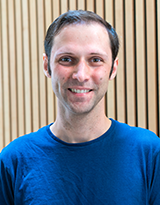 |
Dr. Peter Fawdon Peter is a planetary geologist using remote sensing and GIS techniques to explore planetary surfaces. His work involves investigating the geological context of places on Mars most likely to have been habitable in its ancient past. He leads the geological characterisation of Oxia Planum, the landing site for the ExoMars 2022 rover. |
Debate chair
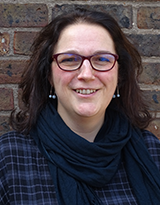 |
Dr. Victoria Pearson Vic is a planetary scientist. She is particularly interested in the origins of organic molecules in space, and their role in the origins of life on Earth and other planetary bodies. This includes meteorites, asteroids and the icy moons of the outer Solar System. |
More about AstrobiologyOU
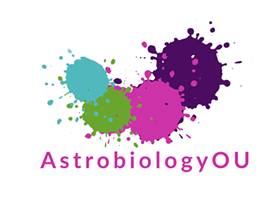
AstrobiologyOU is a multidisciplinary research group within The Open University. They group works collaboratively to address the scientific, governance and ethical challenges associated with the advancement of astrobiology and related space exploration missions; whilst ensuring societal benefits and sustainability.
You can find out more about the research group here.
Learn more with OpenLearn

OpenTalks is a series of events run by The Open University in Wales. OpenTalks work to engage the public with The OU’s research and aims to make academics’ work inspiring and accessible to communities in Wales. This supports institutional aims to make education open to all and supports wider OU work to build an informed, engaged and prosperous Wales.
To keep up to date on our upcoming OpenTalks events, you can sign up to our newsletter or follow us on Facebook, Twitter or LinkedIn.
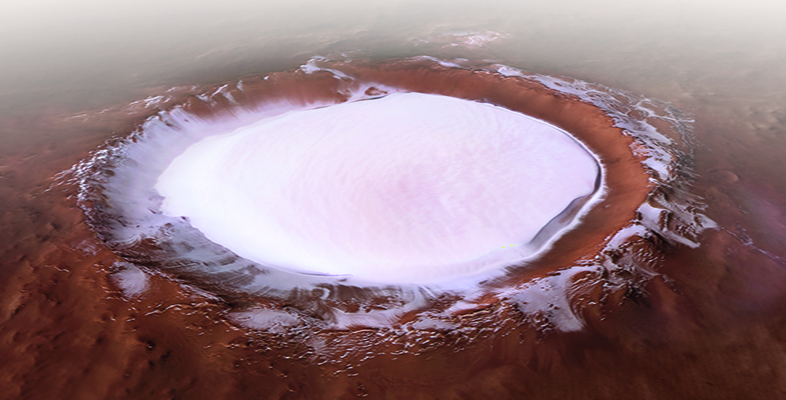
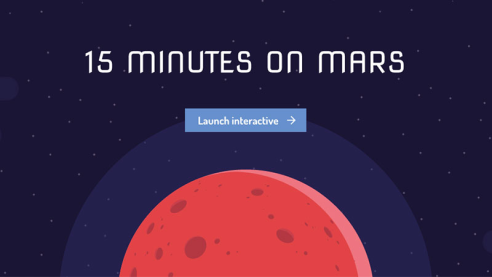
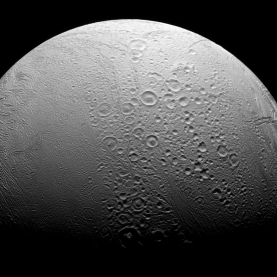
Rate and Review
Rate this video
Review this video
Log into OpenLearn to leave reviews and join in the conversation.
Video reviews